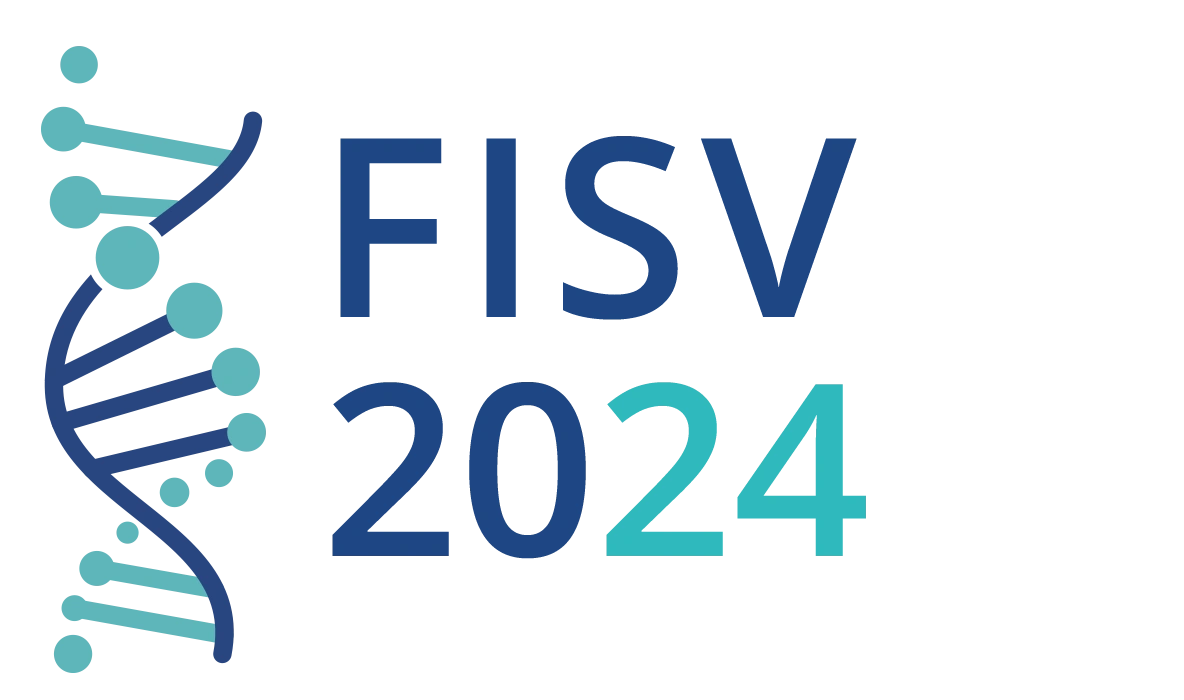
XVII FISV Congress
Padua, Italy • 18-20 September 2024

XVII FISV Congress
Padua, Italy • 18-20 September 2024

XVII FISV Congress
Padua, Italy • 18-20 September 2024
Registrations open: 18 March 2024
Abstract submission deadline: EXTENDED TO 10 July 2024
Payment with early bird discount deadline: EXTENDED TO 10 July 2024
Online registrations deadline: 5 August 2024
| Early bird fee (until 10 July 2024) |
Regular fee (after 10 July 2024) |
|
*To benefit from the "Junior" registration fee, participants must fall in one of the following categories:
No other categories can benefit from a "Junior" registration fee. To benefit from this discount, a confirmation must be provided by the direct supervisor (further details will be available during the registration procedure). |
||
| Member of a FISV-affiliated Society | € 250 | € 350 |
| Junior participant* | € 140 | € 170 |
| Other participant | € 300 | € 400 |
The registration fee includes:
Lunches (19 and 20 September) are not included in the fee and cost 15 EUR per day.
The "Aperitivo and dinner at Caffè Pedrocchi" on 18 September is also not included and costs 50 EUR. Participants can sign up for the dinner and for lunches during the payment procedure.
Payment is possible by credit card or by bank transfer. Further details about the payment procedure is available through your personal myFISV2024.
Cancellations with a refund request must be sent by e-mail to the secretariat and must be accompanied by a valid justification. Refunds will be decided case by case by the organising secretariat. If accepted, cancellations within 5 August 2024 will be refunded fully minus an administrative charge. No refunds will be provided after 5 August 2024.
Abstracts are accepted exclusively online through your personal myFISV2024 area (you will need to sign up to have access to the latter).
The abstract submission deadline is 10 July 2024. The organisers will then review the received abstracts for oral or poster presentations. Participants will be notified of the abstract selections by 24 July 2024.
Submitted abstracts will be discarded if the corresponding registration payment is not received within 10 July 2024.
Only one abstract per participant is allowed. The abstract should be submitted by the presenting author only.
During the submission procedure authors can indicate a preference for poster or oral communications and to which of the following topics the abstract is destined.
Participants with abstracts that were selected for a poster should prepare and upload their poster according to the guidelines below within 10 September 2024 EXTENDED. No physical posters will be presented at the congress. The list of posters is available in the Programme page.
All registered participants will be able to see all posters from the start of the congress and for a month through a dedicated section in the protected myFISV2024 area.
Only the authors of selected abstracts that were specifically notified about it will be requested to give a short oral presentation (5 minutes in total) during the dedicated Poster Presentation slots (see the Programme page).
Unfortunately, there is an increasing number of fraudulent websites and email promotions claiming to offer registration and accommodation services. Please be advised that payment for your FISV 2024 attendance can only be processed through this website, within your personal myFISV2024 area, after you sign up for an account. Also, the FISV 2024 Organisers are in no way responsible for arrangements that you make. Please be aware of possible scams.